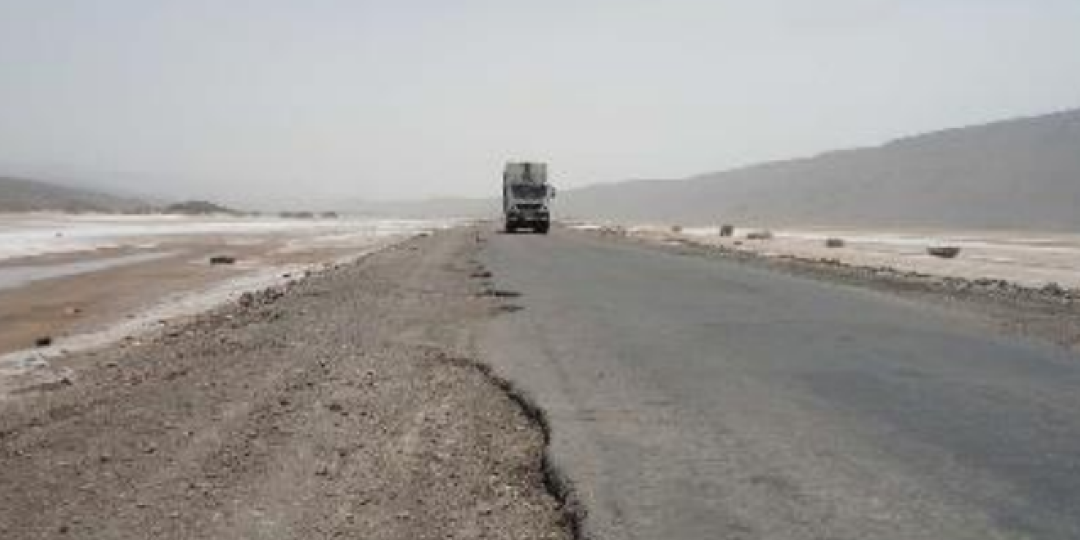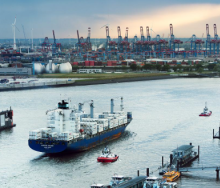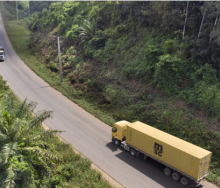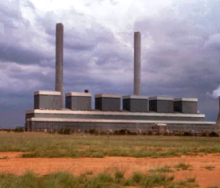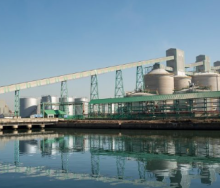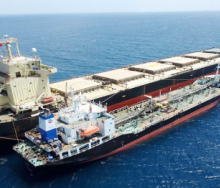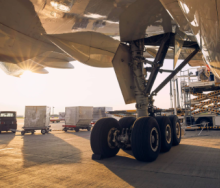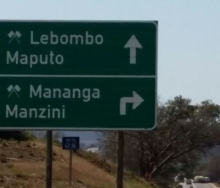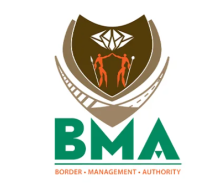The seventh-largest economy in Africa by GDP has been granted $730 million by the International Development Association (IDA) to improve its logistical linkages to the Port of Djibouti, one of the most efficient cargo nodes on the eastern seaboard of the continent.
For some time, Ethiopia, the largest economic player in the Horn of Africa with a population of over 120 million people, has been predicted by the International Monetary Fund to surpass its closest competitor, Angola.
However, already struggling from internecine strife, Ethiopia has faced difficulties accessing the sea since becoming landlocked after Eritrea gained independence in 1991.
Consequently, the corridor from Addis Ababa to Djibouti has become crucial for the country, but infrastructural challenges have hindered road freight between the capital and the port.
More than 95% of Ethiopia's import-export trade relies on the Addis-Djibouti corridor but deteriorated sections, such as the stretch of road from Mieso-Dire to Dawa, have forced road operators to transport cargo through a 146-kilometre detour northeast via Mille.
Upgrading the Mieso-Dire Dawa section to a four-lane expressway, especially, will reduce transport time and enhance road safety, save fuel, decrease maintenance costs and reduce pollution, according to a report in Logistics Update Africa.
Ousmane Dione, World Bank Group Country Director for Eritrea, Ethiopia, South Sudan and Sudan, said: "This is a transformative initiative for Ethiopia and the Horn of Africa region.
“It will improve connectivity, enhance trade volumes, create job opportunities and improve access to basic services with a greater flow of goods and people across the Horn."
Ahmed Shide, Minister of Finance of the Federal Democratic Republic of Ethiopia, said: "Improved regional connectivity and trade are essential to unlocking Ethiopia’s economic potential.
“This project is important to support our commitment to fostering inclusive growth and regional integration, as we are fully focused on sustaining the growth and reaping the peace dividends."
The project aims to benefit Ethiopia by enhancing trade competitiveness through regulatory and institutional reforms, investments in logistics facilities and building the government's capacity to promote the shift to railways.
It also provides opportunities for private sector involvement in operating freight truck terminals. Additionally, investments in secondary roads will connect local communities to the main corridor, increase job opportunities for underserved communities and women, and contribute to long-term development outcomes.
Boutheina Guermazi, World Bank Director for Regional Integration for Africa and the Middle East, said: "Its expected outcomes extend beyond economic growth and social development in Ethiopia, as it will enhance regional integration and generate spill-over benefits for the entire region."
The project aligns with the World Bank Group's Country Partnership Framework for Ethiopia and is part of the Horn of Africa Initiative, which aims to address common development challenges in member countries, including Djibouti, Kenya, Ethiopia, Eritrea, Somalia, Sudan, and South Sudan.
These projects are in line with the African Continental Free Trade Area, promoting socioeconomic development, reducing poverty, and increasing Africa's competitiveness in the global economy.
